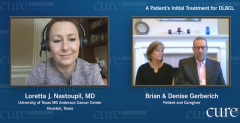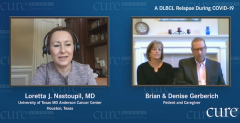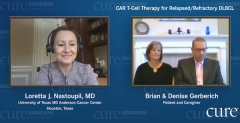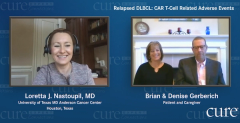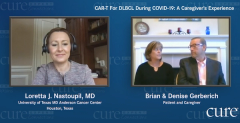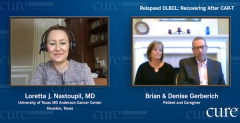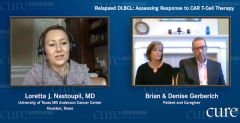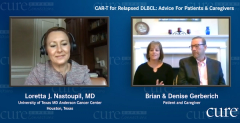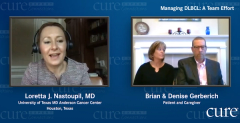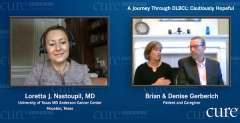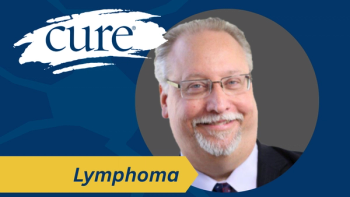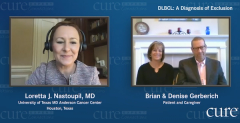
CAR-T for Relapsed DLBCL: Advice for Patients & Caregivers
Episodes in this series

Loretta J. Nastoupil, MD: Denise, do you have any advice for caregivers of someone who is about to head down the path of CAR-T [chimeric antigen receptor-T cell therapy] or considering it?
Denise Gerberich: I would say take one day at a time. It’s very easy to jump ahead, especially in the beginning, and you start with all the what ifs. It’s scary, we have three sons, and the youngest was still in high school and the others were in college. You have a lot of fears, fear of the unknown. And then sometimes the fear of the known.
I would say take it a day at a time. Have that support group to help you through and to help encourage you. Also, we were very reliant on our faith to get us through, and I think it’s very important to have the family and friend support to help you through the challenging times and the whole journey.
Hang in there and take it a day at a time. Sometimes maybe a few hours at a time. Don’t be too hard on yourself. Realize that your feelings of being overwhelmed and scared and anxious are all normal feelings. But you can do it, and just do the best you can to take care of yourself and stay positive. Stay on the mission to get healthy and to go through the process of seeking and obtaining remission.
Loretta J. Nastoupil, MD: Brian, you brought up also some good points about staying active and maintaining your physical strength. Any other insights you can share for other patients who are headed down this path or at least considering it?
Brian Gerberich: Yes, I probably could write a book. But the big thing is you’ve got to be your own advocate with this process. It’s so easy to fall through the cracks. We both tend to be laid back and wait for things to happen, but Denise is constantly calling, saying, “We’ve got to make this appointment, we’ve got to get this ball rolling, we need answers.” Don’t hesitate to be your own advocate. That’s the big one.
It’s true, sometimes it was just taking it a minute at a time. You felt so bad that you thought, “Oh, boy. I’m not sure I can get through this.” Just take it a step, a minute, a day at a time. There’s a lot of hope out there, there are a lot of new treatments. It’s mind-boggling, really, what’s out there. Don’t give up, keep going, and if you get a diagnosis that sounds pretty bleak, find those doctors who know what’s coming, what options you have, and don’t lose hope.
Loretta J. Nastoupil, MD: I can say that both of you are very kind human beings, so it’s not that you’re laid back, you’re just very kind and very easy to work with.
Transcript Edited for Clarity

